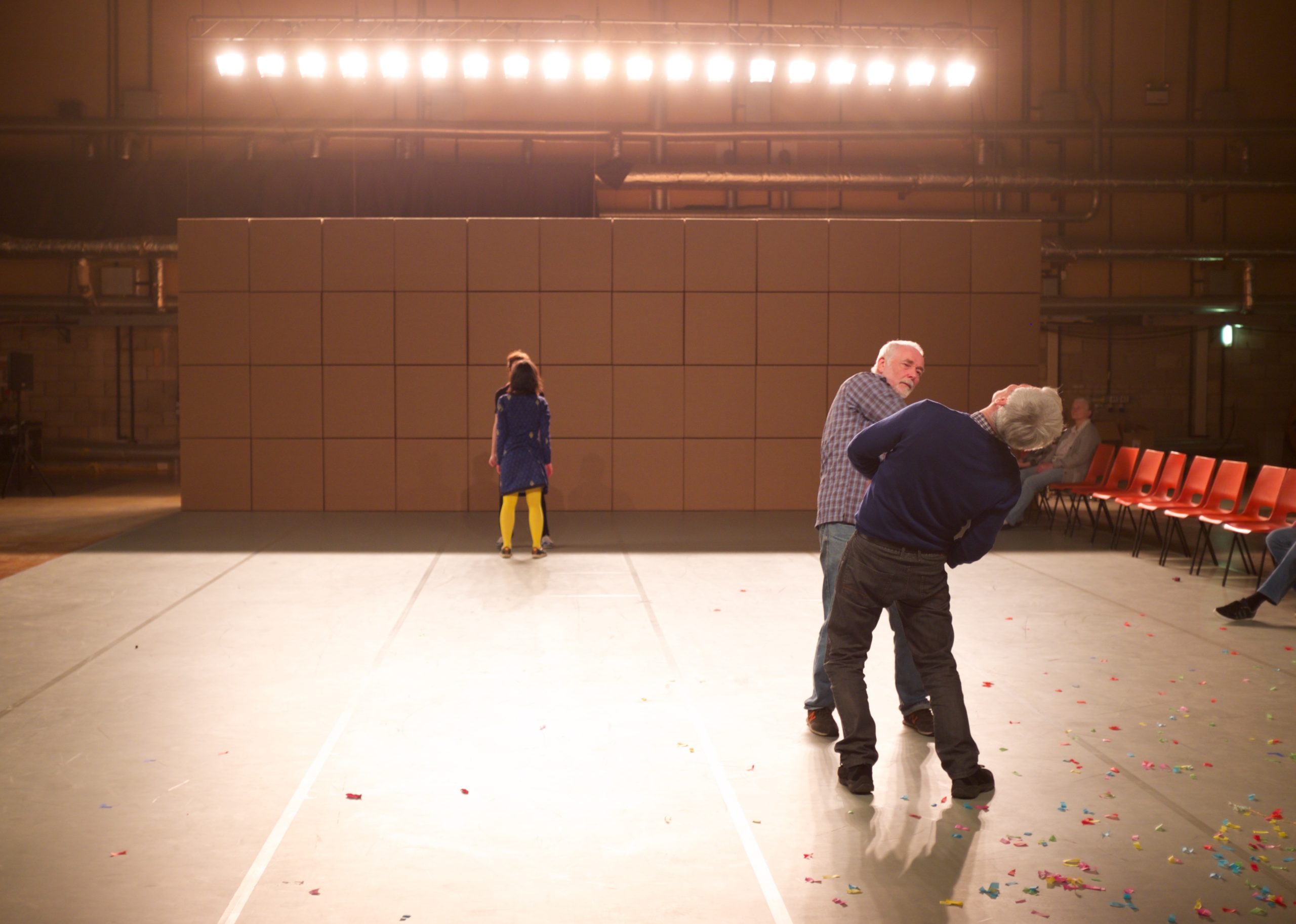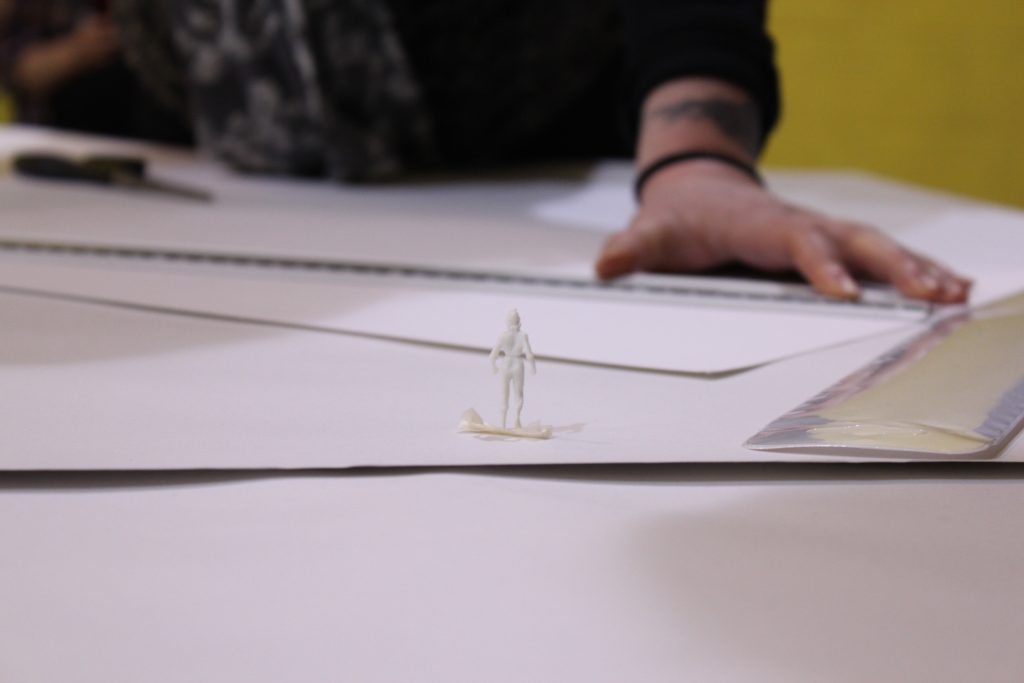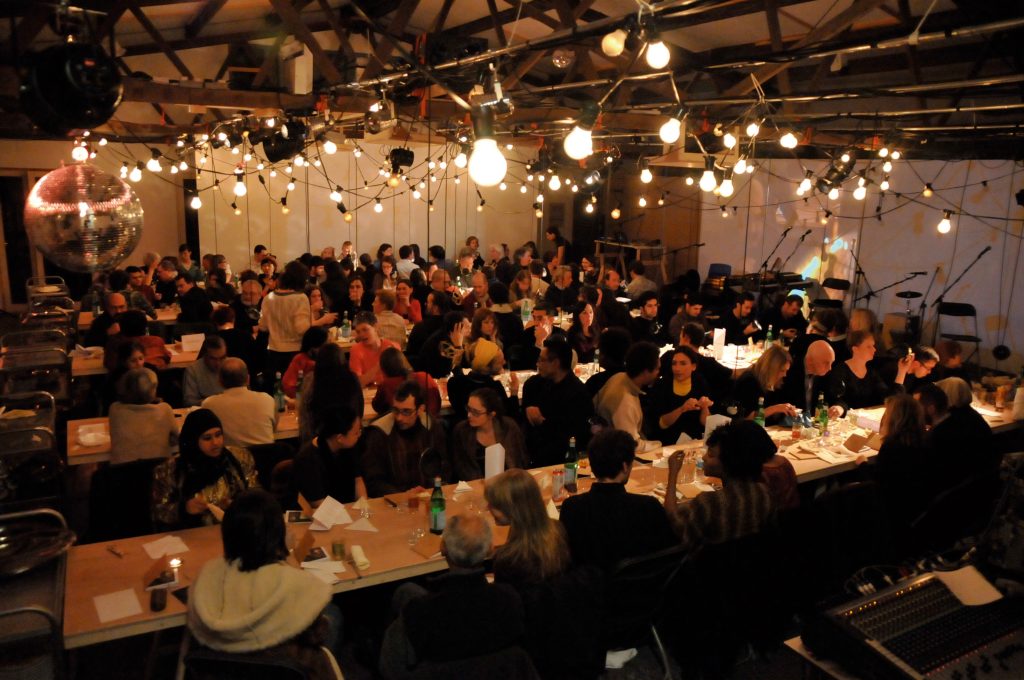
How we work
From a shared curry with a stranger to an epic 12-hour performance featuring 30 workers, we try to concoct an appropriate form for each Quarantine piece. We’ve invited audiences to sing a karaoke duet with a serving soldier, recorded an audio tour with shopkeepers, staged dance marathons, compiled an online compendium of knowledge, hosted family parties, taught Chinese cookery lessons, created a journey in the dark for one person at a time… And, of course, made theatre on stages for audiences in seats.
Our work responds to the world around us, and what’s happening in our own lives. It always begins – and often ends – with the people in the room and a set of questions. Our process is long, discursive and collaborative – we work out together what to do next together. It’s a form of mass portraiture, building fragmented pictures of people and the places they happen or choose to share. We try to embrace the clumsy imperfections and contradictions of being human. We’ve got no time for slickness or dogma, in any guise.
“It just reminds us, in the most potent way possible, that behind every face we pass in the street there beats a life of infinite complexity. In other words, it makes us see others afresh, with a new intensity, humanity and respect; and you can’t ask much more from theatre than that.”
Joyce McMillan, The Scotsman, on Quarantine’s first piece See-saw, staged at Tramway, Glasgow, 2000
Sharing practice
Being part of a wider discussion about contemporary performance, in the UK and internationally, is part of our work as an ensemble. Our own creative practices develop in dialogue with our collaborators and the wider sector, and we aim to help others with overlapping interests where we can. We see what we do as being part of a big conversation around art and its place in the world.

